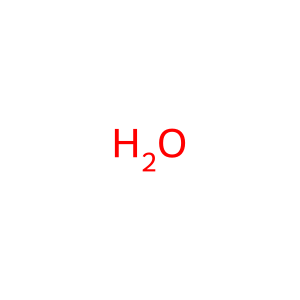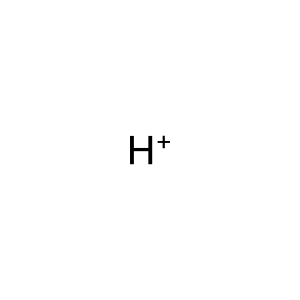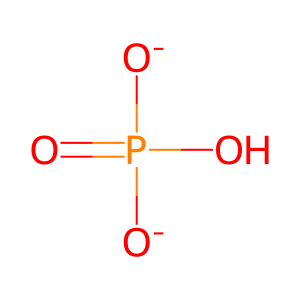Reaction: NTPDase6 hydrolyzes nucleoside diphosphates
- in pathway: Phosphate bond hydrolysis by NTPDase proteins
NTPDase6 (CD39L2), encoded by the ENTPD6 gene, is an ectonucleotide phosphatase of the E-NTPDase family that can be secreted (Yeung et al. 2000). Secretion involves the removal of the first 77 amino acids at the N-terminus by an unknown peptidase. Secreted NTPDase6 hydrolyzes nucleoside diphosphates GDP, IDP and, less efficiently, UDP and CDP to nucleoside monophosphates GMP, IMP, UMP and CMP, respectively. Secreted NTPDase6 hydrolyzes ADP to AMP and nucleoside triphosphates GTP, ITP, UTP and CTP to corresponding nucleoside diphosphates with very low efficacy (Hicks-Berger et al. 2000, Yeung et al. 2000, Ivanenkov et al. 2003). NTPDase6 requires Ca2+ or Mg2+ for catalytic activity (Hicks-Berger et al. 2000, Ivanenkov et al. 2003).
NTPDase6 may also be able to function as a membrane-bound enzyme, but its catalytic rate is very low and accounts for up to 10% of NTPDase6 activity (Hicks-Berger et al. 2000).
Reaction - small molecule participants:
H+ [extracellular region]
Pi [extracellular region]
H2O [extracellular region]
Reactome.org reaction link: R-HSA-8851396
======
Reaction input - small molecules:
water
Reaction output - small molecules:
hydron
hydrogenphosphate
Reactome.org link: R-HSA-8851396



